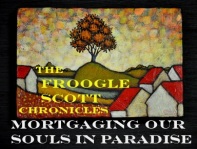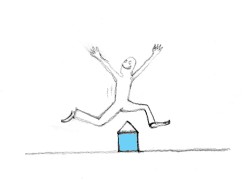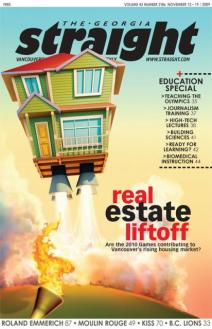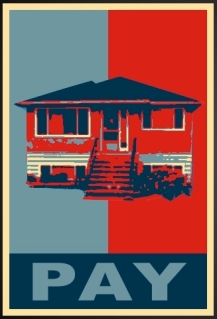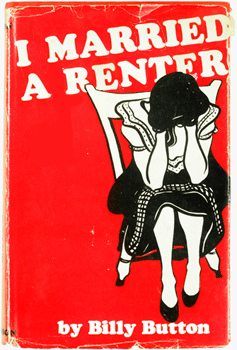
According to CMHC estimates, the ratio of household debt to GDP in Canada could reach 130 per cent in the third quarter of this year, a sharp increase from around 99 per cent before the pandemic. Debt as a share of disposable income, meanwhile, could also rise precipitously to 230 per cent in the third quarter, up from 176 per cent.
Siddall said those ratios are well over a critical 80 per cent threshold, above which “the Bank for International Settlements has demonstrated that national debt intensifies the drag on GDP growth.” Such high debts risk future economic growth by “effectively converting future consumption into debt service payments,” he said, at a time when households and governments are increasingly leveraged.
Adding to real estate concerns amid COVID-19, the agency also sees housing prices plummeting in the next calendar year.
“The resulting combination of higher mortgage debt, declining housing prices and increased unemployment is cause for concern for Canada’s longer term financial stability,” Siddall said.
The CMHC sees housing prices declining between nine and 18 per cent over the next 12 months. Those estimates are loosely in line with an earlier projection by DBRS Morningstar, a credit rating agency, says which says housing prices could fall between 10 and 15 per cent by 2022.
By way of comparison, the owner of a $300,000 home at a five per cent down payment could lose around $45,000 if housing prices fell by 10 per cent, Siddall said.
He said the agency is “debating whether we should change our underwriting policies” as a result of the pandemic, potentially restricting the future lending environment as debt levels soar.
“Our support for home ownership cannot be unlimited,” he said. “It’s like blood pressure, you can have too much, [but] you need some.”
Remarkably straight talk from the organization that has played such a large part in extending rope to participants over the last 20 years. And we’d guess that ‘18%’ is just a best guess estimate of the first step. As we’ve postulated over the years, when the bubble bursts, few are going to step in and overextend themselves to go into debt to buy assets that are falling in value yet still very overpriced by every metric. The Vancouver market has been predicated on prices that only go up, and the result has been prices that are about three times those determined by fundamental utility value. Once the drops start, we see no way of this all bottoming at 18%-off. In Vancouver, the direct and indirect economic effects of a drop of 18% in RE would alone almost definitely guarantee a larger drop.
– vreaa




